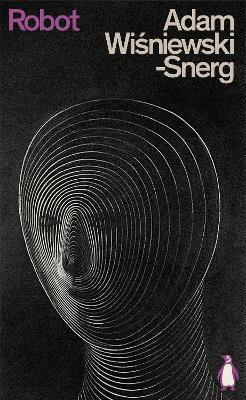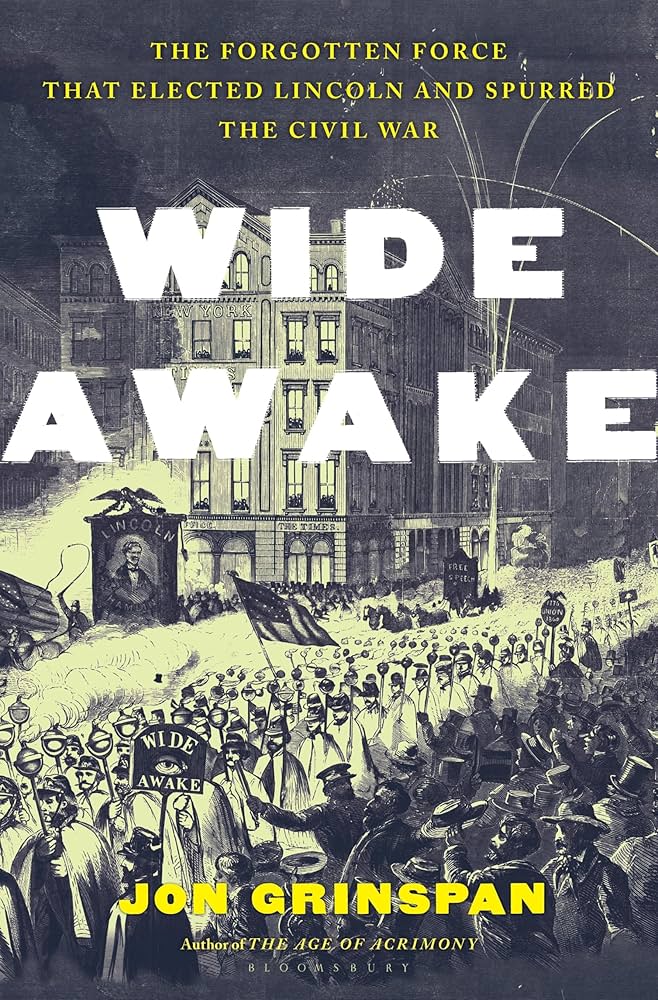All this was not enough to reassure them. What mattered was not merely what they were in life; equally important was the part they played in other people’s dreams.
This book is, among other things, a triumphant slap in the face of the Wehraboo apologists who, when the bother to hide their admiration for Nazis, hide it in the guise of an admiration for the Prussians. This book thoroughly disproves so many of the myths surrounding, to name just a few things: German equals Prussian, a unique German (Prussian) military honor, a unique German (Prussian) strategic genius, a unique German (Prussian) tactical genius, a unique German (Prussian) industrial genius, and that Switzerland isn't interesting.
I list it out like that because this book wielded academic rigor, one-by-one, to annihilate the argument that underlay the dog whistles of the historical "enthusiast" who so often say "German" or "Prussian" when they mean Nazi. And I appreciate this because it isn't even the key argument!
That's even more expansive: that Germany is NOT uniquely bellicose. This broader argument forces us …



















